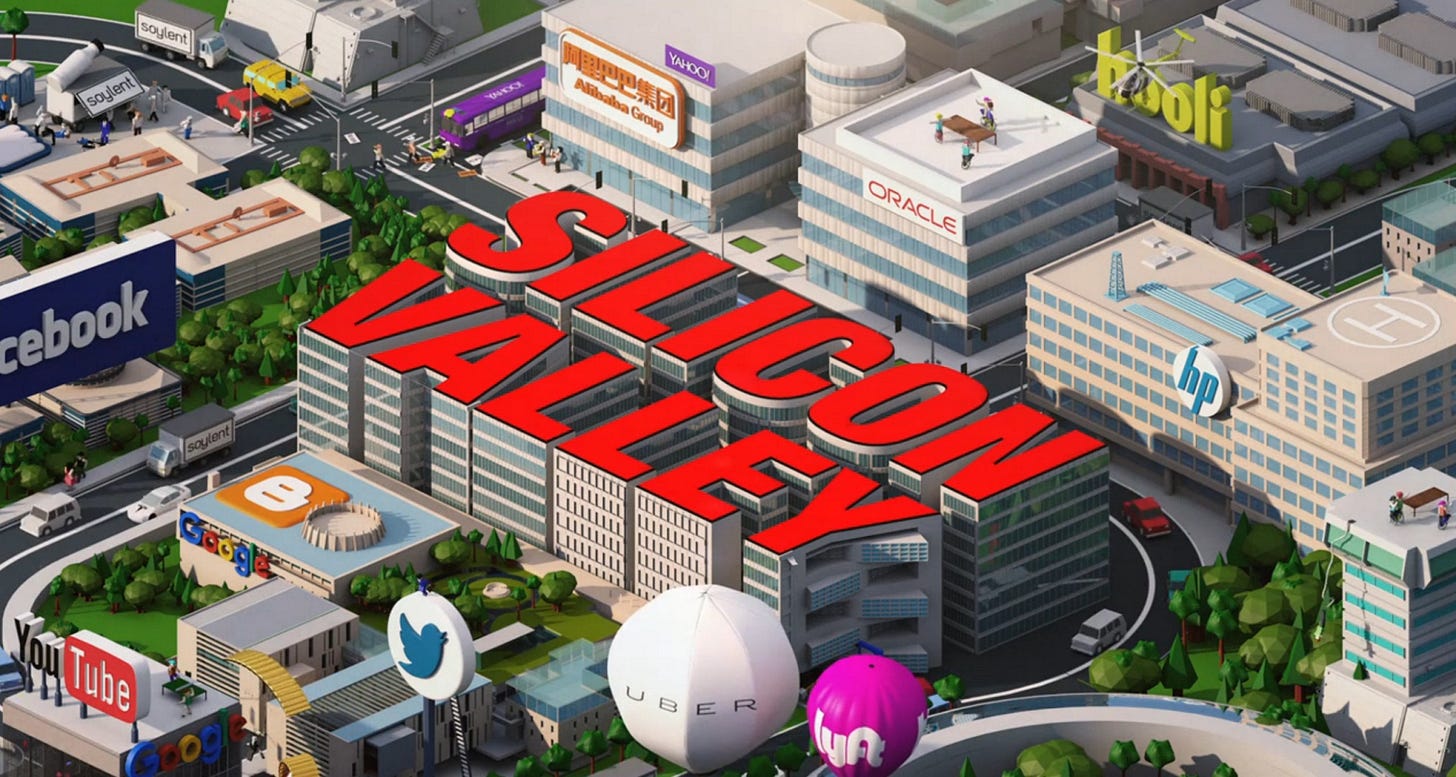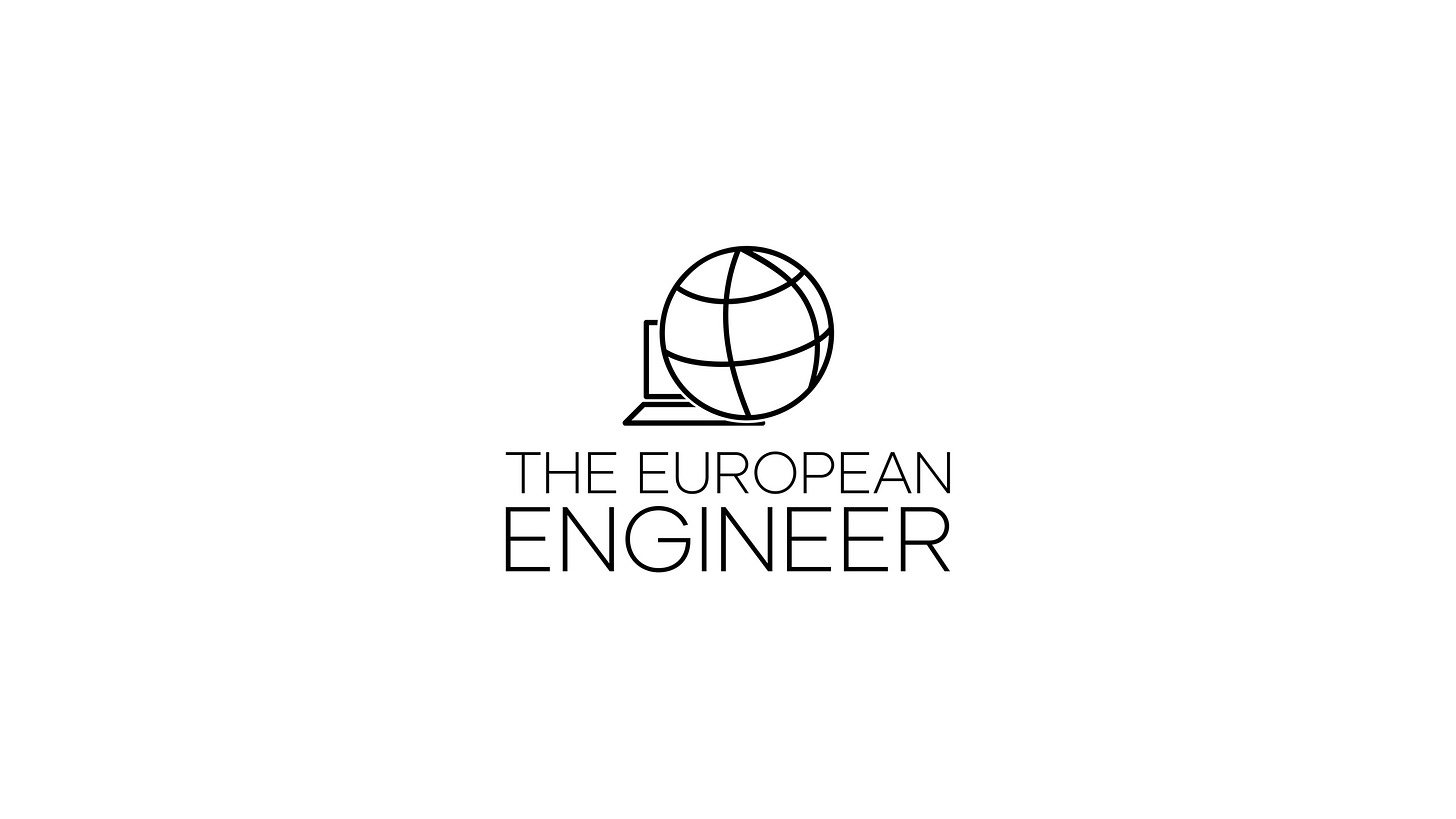The European Tech market - intro (comparison with US Tech market)
First article of a series that explores how tech opportunities are distributed across Europe.
It is well known that software engineers in the US have traditionally enjoyed a very vibrant and abundant job market.
Top universities with entrepreneurial spirit and cutting-edge research, established big tech companies, a steady number of promising startups being funded and incubated, stable small and midsize engineering companies, they all contribute to create what is arguably the best job market for software engineers in the world.
Another aspect that makes life easier for engineers in the US is how opportunities are geographically distributed: while you can work as an engineer anywhere in the country (especially nowadays with remote work), there are 3 major poles that host pretty much any relevant tech company.
Silicon Valley, Seattle and New York are where most software engineers in the US live and work: this means that wherever you are studying in college, you will probably apply for internships or jobs in one or more of these 3 places, which also offer similar pay bands and salaries and, ultimately, similar opportunities to make and save money.
The result is that, if you don’t mind moving to one of these areas, you can just move to the one you prefer to live in and your career will be fine.
Another aspect making life easier for engineers in the US is that most good tech companies there have a very similar interview process: algorithms and data structures based coding interviews, one behavioural round and sometimes system design interviews.
This streamlined process, and a large amount of top-quality employment opportunities, has led to the proliferation of “how to make it in tech” type of content on YouTube, blogs and LinkedIn.
If you are a Computer Science student or a software engineer based in Europe, your horizon is way more fragmented and nuanced than how it is in the US, and if you try to apply the systems used by engineers in the US in their job search, you will soon realise that you can’t really copy-paste those strategies successfully in Europe.
Top American companies have indeed offices everywhere in Europe and there are also valid non-American tech companies, but you have no San Francisco/Seattle/New York where all the good companies have an office and opportunities in every area of software engineering and top salaries.
Each country in Europe is quite different from the others, in terms of many aspects including language, culture, climate, pay, taxes and so on.
Most cities in Europe only have a few top tech company with a sizeable office, and this scarcity, combined with the fact that these companies are notoriously competitive to get into, means that you can be a great engineer and have prepared for interviews, and still not be able to experience a high interview/offer rate within top companies, especially if you’re limiting yourself to one or few locations, especially if those locations are not carefully picked.
If you do what a lot of US-based devs do in their job search, i.e. prepare for algorithms interviews and target top tech companies, you could end up with an offer from a random place in Europe and then only have a few weeks to evaluate the offer and understand if you want to move there. This for most people can be troublesome, since as mentioned earlier, every country in Europe is quite different and it’s not easy to quickly evaluate if the job is worth the move.
Another option is to only target companies in one location (where you know you want to live). But since most European cities don’t boast a large tech job market, you might have to invest a lot of time and energy looking for a good enough opportunity there.
Last but not least, if you don’t want to potentially keep moving around Europe all your life whenever you change a job, you might want to pick a place to stay for the medium or long-term in a wise and informed manner.
This is a complex topic with many layers to it, and I plan to address it from different perspectives over the course of this newsletter. If you can relate to the above issues, or even if you are just curious, you should consider subscribing.





